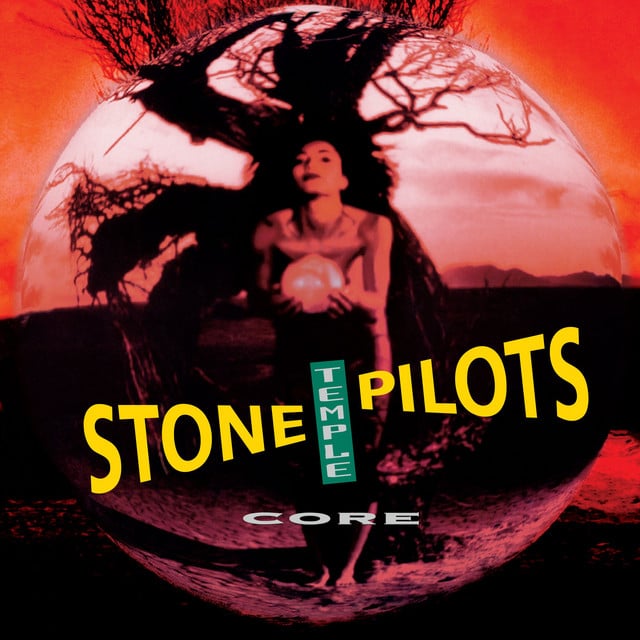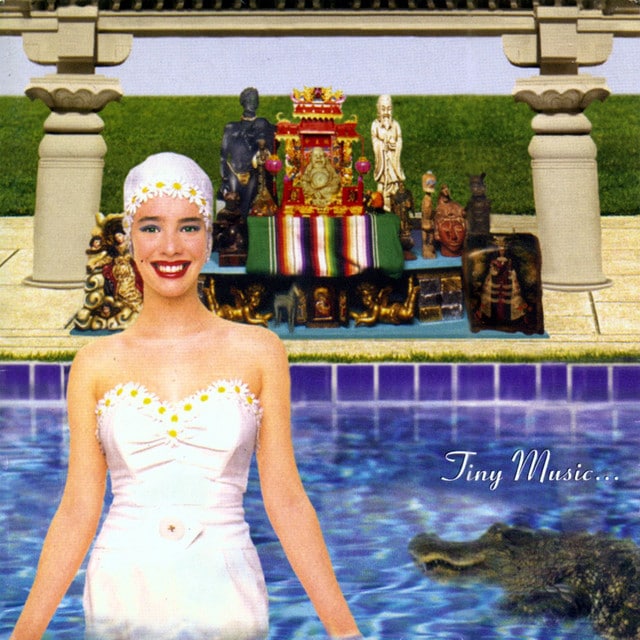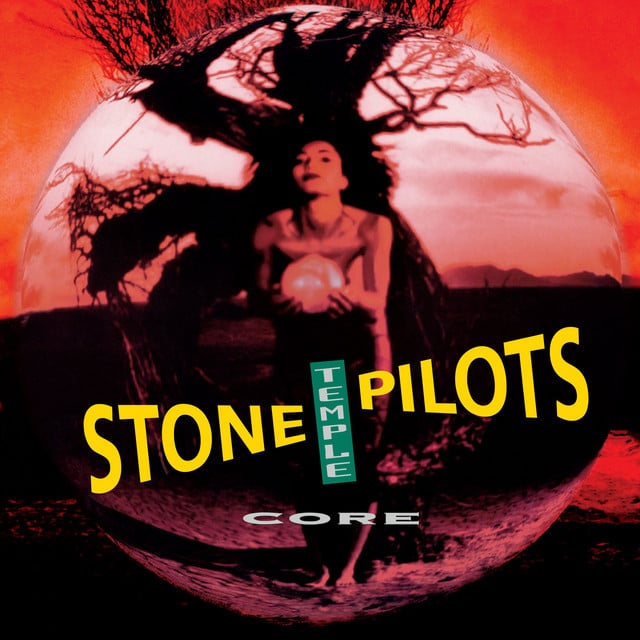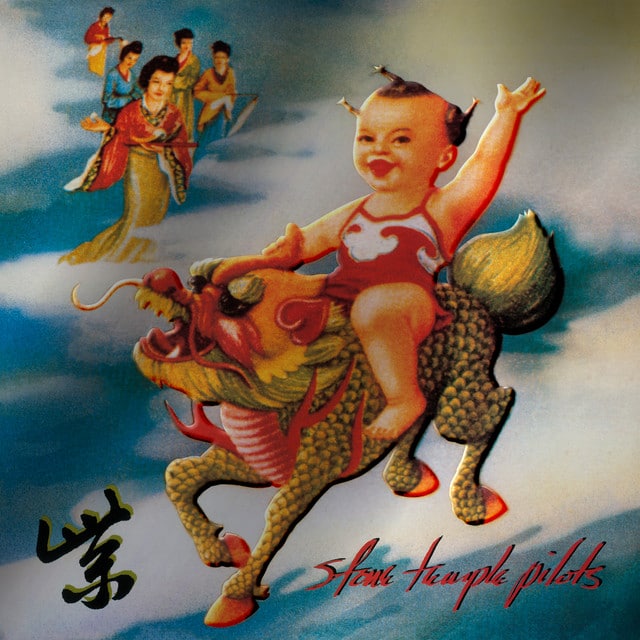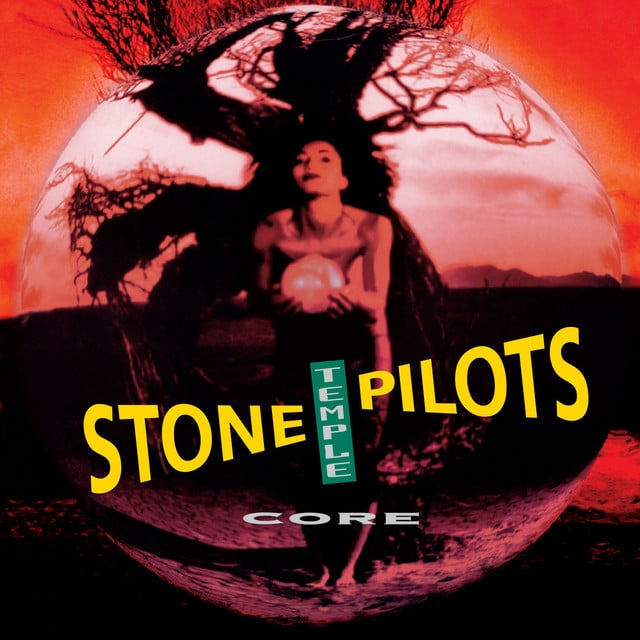Released: 1992
“Sex Type Thing” by Stone Temple Pilots, from their 1992 debut album “Core,” dives deep into the murky waters of machismo and sexual aggression, wrapped up in the grungy, hard-hitting rock sound that defined early ’90s alternative music. At first glance, the lyrics might seem to endorse a predatory stance, but a closer look reveals a critical, almost satirical take on the toxic masculinity running rampant in society. It’s a gritty examination of entitlement and the dangers it poses to personal autonomy and respect.
The song opens with a repeated assertion of self, “I am, I am, I am.” This could be interpreted as the narrator asserting their dominance or existence, almost like a predator marking territory. The following lines, “I said I wanna get next to you” and “I said I’m gonna get close to you,” start off seeming innocuous, perhaps even romantic. But the subsequent “You wouldn’t want me have to hurt you too, Hurt you too!” flips the script, unveiling a sinister undertone. Here, the songwriters cleverly use the vernacular to unmask the threatening behavior often lurking beneath seemingly benign intentions.
The next verse, “I ain’t, I ain’t, I ain’t / A-buyin’ into your apathy,” criticizes the bystander’s indifference or the victim’s helplessness in the face of such aggression. “I’m gonna learn you my philosophy / You wanna know about atrocity, atrocity,” further delves into the menacing mentality of the narrator, using “learn” in a colloquial, threatening sense, meaning to teach a lesson in a harsh manner. The mention of “atrocity” underscores the severe impact of the narrator’s actions and philosophy.
As we move through the lyrics, the repeated, “I know, you want what’s on my mind / I know, you like what’s on my mind,” showcases a belief in unreciprocated desire, a common justification in the minds of those who refuse to acknowledge the autonomy and consent of others. It’s a chilling insight into the entitlement that feeds such behaviors.
The most controversial line, “I said you shouldn’t have worn that dress,” echoes victim-blaming rhetoric, suggesting that the responsibility for the aggressor’s actions lies with the victim’s choices, rather than the perpetrator’s. It’s a deliberate critique of how society often navigates discussions on consent and sexual assault.
Throughout the song, the refrain “Here I come, I come, I come, I come” serves as a sinister reminder of the looming threat of the narrator, reinforcing a sense of inevitability and dread that surrounds toxic masculinity and its consequences.
In essence, “Sex Type Thing” is a powerful, if unsettling, commentary on the dark side of human nature and societal norms. Through its aggressive musical composition and thought-provoking lyrics, Stone Temple Pilots not only crafted a song that resonates with the angst and rebellion of the ’90s grunge movement but also ignited conversations on more profound issues of consent, masculinity, and the societal frameworks that enable them. It’s a bold examination of topics that are as relevant today as they were at the time of its release.
